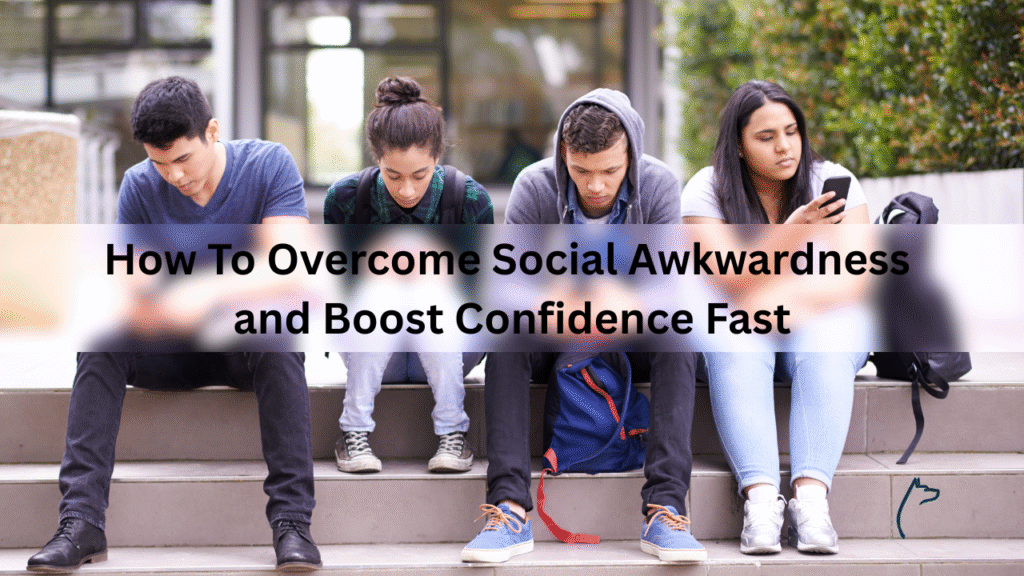How To Overcome Social Awkwardness and Boost Confidence Fast
Feeling awkward in social situations? You’re not alone. Social anxiety can feel crippling, but it doesn’t have to control your life. In this post, you’ll discover proven strategies to build confidence, improve your communication skills, and overcome social awkwardness for good. Social awkwardness is something that affects many people. It can be challenging to navigate social situations and maintain comfortable conversations. If you’re one of the many people who struggle with social awkwardness, don’t worry. In this article, we’ll explore some practical tips that can help you overcome social awkwardness and build your social confidence. What Causes Social Awkwardness? Social awkwardness is a term used to describe feelings of discomfort or embarrassment in social situations. It is characterized by a lack of social skills and confidence, leading to difficulty in initiating or maintaining conversations. Socially awkward people often feel self-conscious and anxious, which can further exacerbate their discomfort in social situations. The Psychology Behind Social Anxiety Overcoming social awkwardness is essential for several reasons. Firstly, social skills are critical for success in both personal and professional relationships. Having the confidence to communicate effectively and build relationships is crucial for achieving your goals and living a fulfilling life. Additionally, social awkwardness can lead to feelings of isolation and loneliness, which can negatively impact your mental health. By overcoming social awkwardness, you can build a more extensive social network and enjoy the benefits of social connection and support. 5 Simple Techniques to Ease Social Discomfort Active listening is a crucial skill for building relationships and engaging in meaningful conversations. To practice active listening, focus on the person speaking and show interest in what they are saying. Avoid interrupting or making assumptions and ask open-ended questions to keep the conversation flowing. Your body language can communicate more than your words. Being aware of your body language can help you appear more confident and engaged in conversations. Avoid crossing your arms or slouching, make eye contact, and use appropriate facial expressions to show interest and engagement. Preparation is key to building confidence in social situations. If you’re attending an event, take the time to research the topic or the people you’ll be meeting. This can help you feel more confident and prepared to engage in conversation. The more you practice social skills, the easier they become. Make an effort to attend social events regularly and engage in conversations with new people. Over time, you’ll develop confidence and comfort in social situations. If social awkwardness is causing significant distress or impacting your quality of life, consider seeking professional help. A therapist or coach can provide guidance and support in developing social skills and overcoming social anxiety. Conclusion Overcoming social awkwardness is possible with the right mindset and tools. By practicing active listening, being mindful of your body language, preparing for social events, and seeking professional help if necessary, you can build your social skills and confidence. Remember, social skills are essential for building meaningful relationships and achieving success in all aspects of life. But they’re something we all learn in different ways and at different times. Ready to build unshakable confidence? Grab the free “7-Day Mental Discipline Jumpstart” and start transforming your mindset today!
How To Overcome Social Awkwardness and Boost Confidence Fast Read More »



